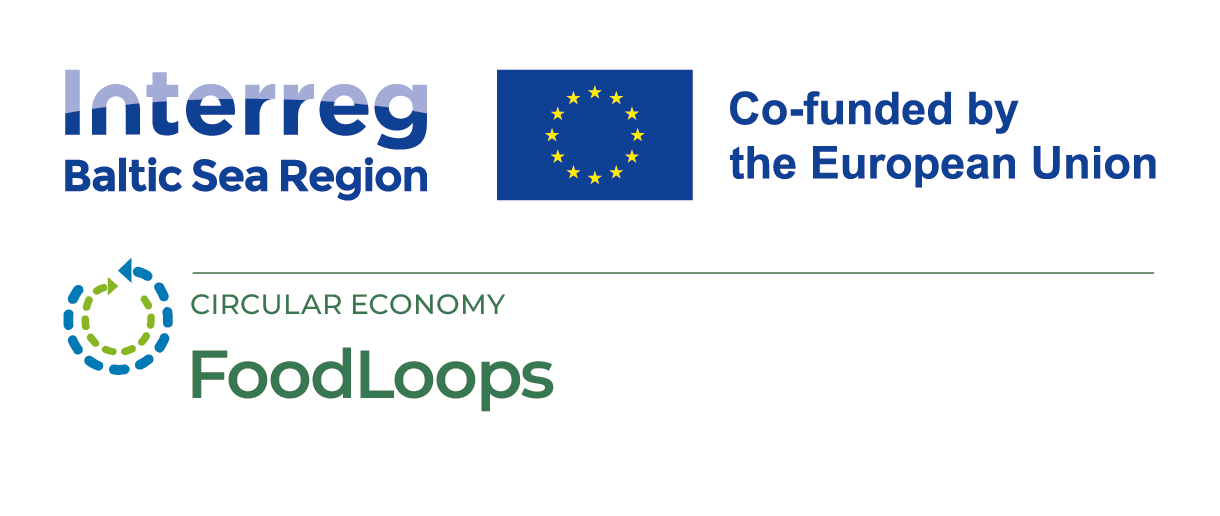
Driving Circular Food Solutions in Schools: Learning from the FoodLoops Experience - 2nd Replication Workshop
15 May 2025
Wuppertal, 25 April 2025 — CSCP hosted the second Replication Workshop in a hybrid format—continuing the series launched on 21 March—entitled “Driving Circular Food Solutions in Schools: Learning from the FoodLoops Experience.” The workshop aimed to provide a step-by-step account of the co-development process behind the FoodLoops manual, empowering municipalities and other organisations outside the project to initiate similar circular bio-waste cooperation.
Key Objectives
-
Share real success stories and hands-on experiences from the FoodLoops project in Lithuania, Finland, and Poland.
-
Showcase complementary initiatives such as Making the School Community Food-Wise in Estonia.
-
Facilitate dynamic discussions on co-creating local cooperation models for circular bio-waste management in schools across the Baltic Sea Region.
-
Train stakeholders on replicating the manual for local collaboration and bio-waste valorisation.
Participants & Format
Representatives from German NGOs, municipalities, school administrations, and catering services joined in person at Wuppertal, and Lithuanian, Polish, and Finnish stakeholders participated online. Their diverse perspectives enriched discussions on practical strategies for source-separation of unavoidable bio-waste and its transformation into valuable products like compost.
Interactive Outcomes
Through hands-on breakout sessions, Wuppertal stakeholders—led by Gut Einern, FoodLoops’ associated partner—co-designed a local action plan to establish a “Round Table on Circular Food.” This new forum will coordinate collaborations among:
-
The Ernährungsrat (Food Council)
-
Gut Einern
-
Wuppertal Municipality
-
Local caterers
-
School administrators
-
Regional farmers
The workshop also included interactive sessions with facilitated action-planning tools. Country-specific breakout groups then developed the following innovative project plans:
-
Poland:
-
Design and pilot attractive, healthy school meal menus—with special holiday editions for Easter and Christmas—and introduce self-service canteen stations.
-
Deploy online questionnaires to capture pupils’ food preferences and inform menu planning.
-
Deliver targeted workshops for kitchen staff on nutritious meal preparation and for students on the benefits of healthy eating.
-
Forge long-term partnerships with local farmers to supply fresh, seasonal produce.
-
-
Lithuania:
-
Train students and teachers in composting techniques and install on-site compost bins.
-
Organize educational field trips to local farms and composting facilities.
-
Re-use finished compost for school gardening and partner-farm applications, addressing necessary transportation arrangements.
-
-
Finland:
-
Engage parents through food-tasting events and informational sessions to shift attitudes about healthy eating and food-waste reduction.
-
Collaborate with agrifood and bio-waste clusters to integrate hands-on food education.
-
Implement forecasting questionnaires in schools to align meal preparation with actual demand.
-
Each group committed to sharing resources and best practices to replicate these circular food initiatives across the Baltic Sea Region.
Next Steps
Feedback collected during the workshop will be integrated into Output 1.2 of the FoodLoops project, ensuring the manual reflects participants’ insights and needs. Gut Einern will convene the inaugural Round Table in June, laying the groundwork for sustained, city-wide circular food initiatives.





